Featured
Volcanoes And Climate Change
An important advancement in the effort to understand the role of volcanism in climate change in the recent decade is the significant improvement in paleovolcanic records from polar ice cores. To clarify I am not stating that volcanic activity has absolutely no effect on our global climate and in fact volcanic eruptions.
There have been many sources to falsely claim that volcanic activity releases more greenhouse gases into the atmosphere than current emissions by humans but this is simply not true.
Volcanoes and climate change. Volcanic eruptions like the Mt. During major explosive eruptions huge amounts of volcanic gas aerosol droplets and ash are injected into the stratosphere. Volcanoes and Climate Change.
The impacts of volcanic eruptions serve as analogs although. An erupting volcano can eject vast amounts of ash and gases into the atmosphere and cover the ground with tons of lava flows and ash. When a volcano erupts it spews ash and.
Underwater volcanoes could have a long-term effect on Earths climate cycles. NASA Homepage The argument that volcanic eruptions cause the climate change is as follows. Even though volcanoes are in specific places on Earth their effects can be more widely distributed as gases dust and ash get into the atmosphere.
Of the natural forcings causing shortterm climatic variations volcanism along with its climatic impact is perhaps the best understood. 5 links between erupting volcanoes and climate change In the Earths history there are plenty of links between climate change and volcanoes. Volcanoes have also caused global warming over millions of years during times in Earths history when extreme amounts of volcanism occurred releasing greenhouse gases into the atmosphere.
Radiative impact of volcanic aerosols also produces changes in. Large-scale volcanic activity may last only a few days but the massive outpouring of gases and ash can influence climate patterns for years. What do volcanoes have to do with climate change.
Volcanic eruptions eject sulfur dioxide into the atmosphere and the resulting stratospheric aerosols change the short and long wave radiation budget of the atmosphere. This causes a chain reaction in which the stratosphere cools off. The primary net result of the impact is the reduced receipt of solar energy at Earths surface due to the scattering of incoming solar radiation by secondary sulfate aerosols formed from volcanic sulfur.
As climate change alters or shifts seasons at a global scale a chance exists of volcanoes and related earthquakes responding with their own season-related changes. Major volcanic eruptions have additional climatic effects beyond global temperature decreases and acid rain. Volcanoes are the most dramatic and rapid agents of geologic change.
Injected ash falls rapidly from the stratosphere -- most of it is removed within several days to weeks -- and has little impact on climate change. Volcanoes and Climate Change. Overall volcanoes release less than 2 of the equivalent amount of CO2 released by human activities.
Volcanoes canand doinfluence the global climate over time periods of a few years but this is achieved through the injection of sulfate aerosols into the high reaches of the atmosphere during the very large volcanic eruptions that occur sporadically each century. Ash and aerosol particles suspended in the atmosphere scatter light of red wavelengths. Climate change during the past several hundred years including volcanic eruptions and solar variations.
When volcanoes erupt they emit a mixture of gases and particles into the air. After the next major eruption new knowledge of the indirect effects on atmospheric circulation will allow better sea-sonal forecasts especially for the NH in the winter. Volcanoes contribute to long-term global warming and short-term global cooling.
But thats another story. Eruptions create new mountains and tear down old ones as we watch. Pinatubo eruption in 1991 with global visible optical depth maximizing at about 015 cause perturbation of the globally averaged radiative balance at the top of the atmosphere reaching 3 Wm 2 and cause a decrease of global surface air temperature by 05 K.
Of course human activity is not. Volcanoes can impact climate change. Some of them such as ash and sulphur dioxide have a cooling effect because they.
A new study out of Columbia University shows that these hidden giants are not only tied to the Earths orbit and tidal.
 Climate Change Could Trigger Volcanic Eruptions Across The World Warn Scientists The Independent The Independent
Climate Change Could Trigger Volcanic Eruptions Across The World Warn Scientists The Independent The Independent
.png) Can Volcanic Activity Change Our Climate
Can Volcanic Activity Change Our Climate
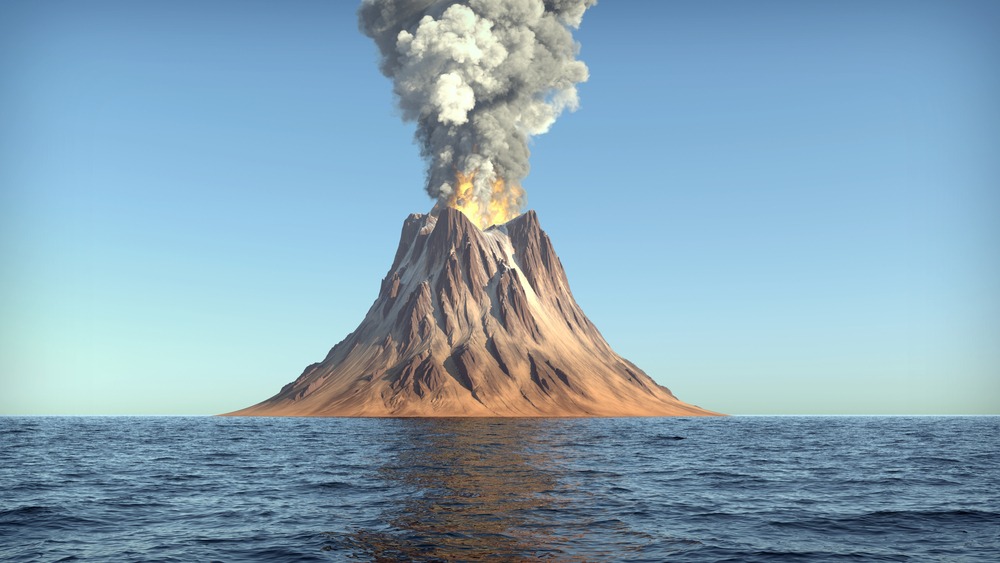 Climate Change Could Increase Volcanic Eruptions Bulletin Of The Atomic Scientists
Climate Change Could Increase Volcanic Eruptions Bulletin Of The Atomic Scientists
Role Of Volcanoes In Global Warming Civilsdaily
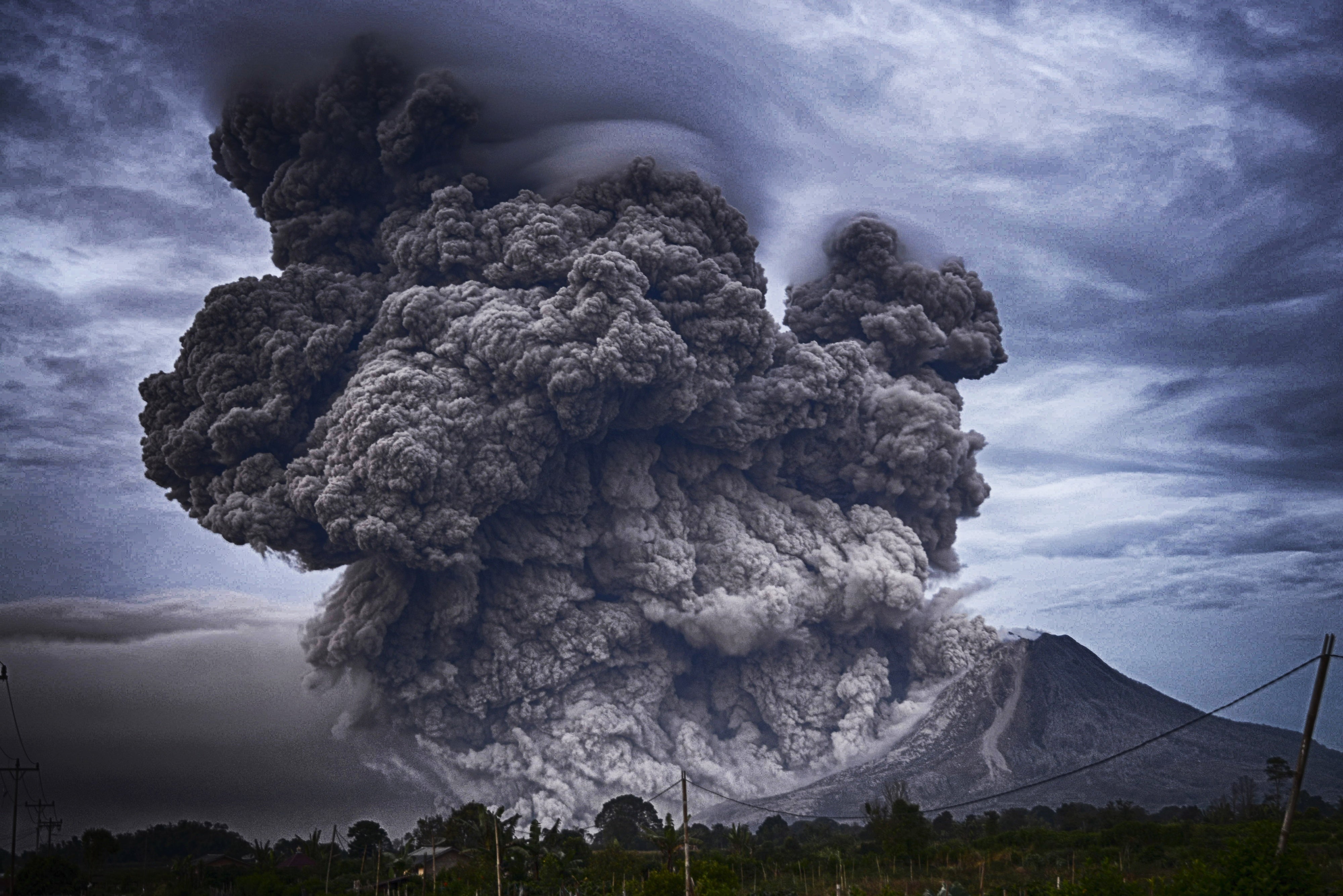 Get Ready For More Volcanic Eruptions As The Planet Warms Scientific American
Get Ready For More Volcanic Eruptions As The Planet Warms Scientific American
 The Effect Of Volcanoes On Climate And Climate On Volcanoes Watts Up With That
The Effect Of Volcanoes On Climate And Climate On Volcanoes Watts Up With That
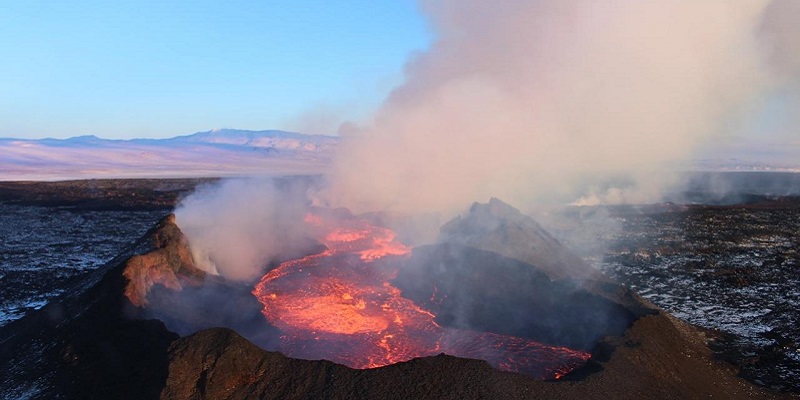 University Of Leeds News Science Climate Change Could Increase Volcano Eruptions
University Of Leeds News Science Climate Change Could Increase Volcano Eruptions
 How Volcanoes Influence Climate Ucar Center For Science Education
How Volcanoes Influence Climate Ucar Center For Science Education
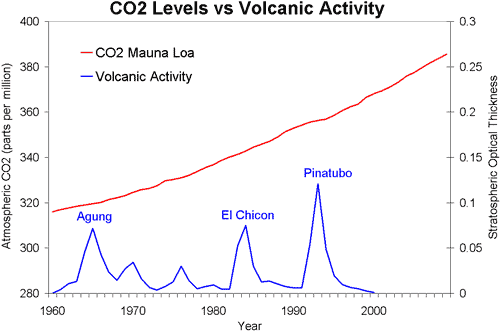 Do Volcanoes Emit More Co2 Than Humans
Do Volcanoes Emit More Co2 Than Humans
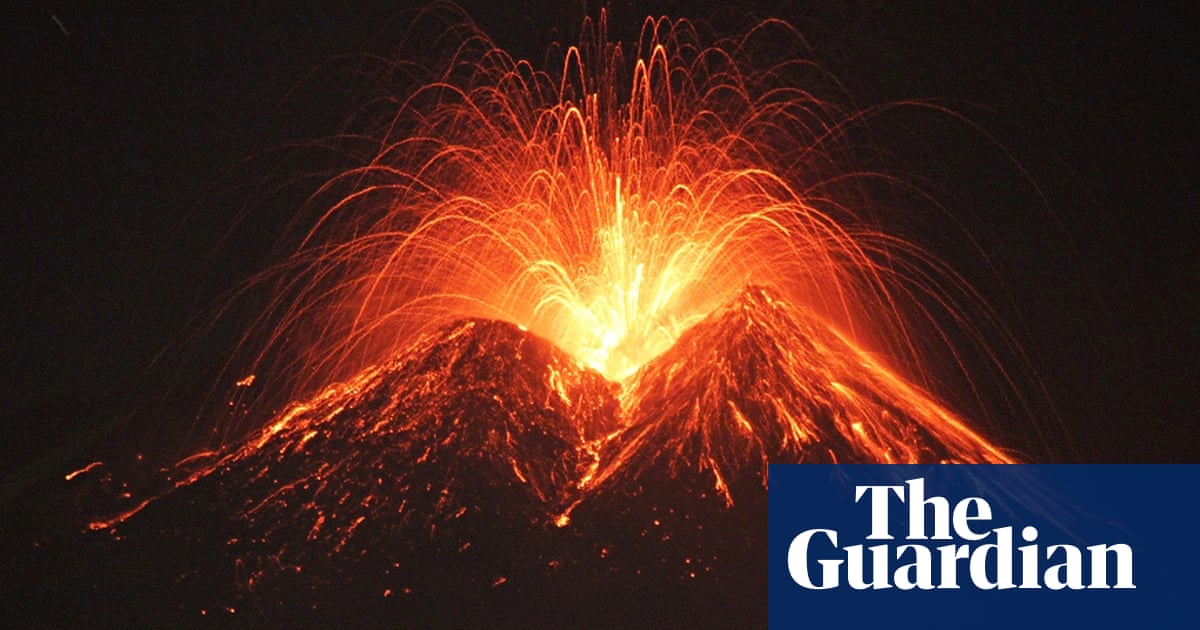 Can Volcanoes Tackle Climate Change Books The Guardian
Can Volcanoes Tackle Climate Change Books The Guardian
Volcanoes As A Cause Of Climate Changes
 How Volcanoes Affect Climate Schoolworkhelper
How Volcanoes Affect Climate Schoolworkhelper
 Volcanoes Get A Kick From Climate Change Hakai Magazine
Volcanoes Get A Kick From Climate Change Hakai Magazine


Comments
Post a Comment